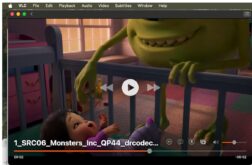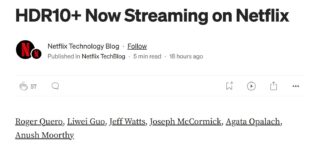This video compares VVC, EVC, and LCEVC with H.264, HEVC, and AV1, considering quality, USP, royalty status, key stakeholders, producibility, and playability.
You can watch an archived version of the webinar on YouTube by scrolling to the bottom of the page. You can download the handout here.
This video is a webinar comparing VVC, EVC, and LCEVC with H.264, HEVC, and AV1. Here’s whats covered, including time codes:
- 03:10 – Agenda
- 03:15 – Quality
- 11:20 – Quality of LCEVC with AV1 as a base codec
- 21:30 – Unique selling proposition
- 25:20 – Known royalty status
- 31:30 – Key stakeholders
- 35:36 – Producibility
- 41:17 – Playability
- 48:17 – Which codecs YouTube uses
- 52:30 – Hardware support – Mobile
- 58:11 – Hardware support – Smart TV
- 1:02:30 – Third-party-predictions for codec adoption and deployment
- 1:04:00 – My predictions for codec adoption and deployment
-
- Who should watch?
- Encoding professionals who want to learn about the comparable performance of all relevant codecs
- Technologists charged with evaluating and/or deploying new codecs in their organizationsYou can download the handout here.
- Who should watch?
 Streaming Learning Center Where Streaming Professionals Learn to Excel
Streaming Learning Center Where Streaming Professionals Learn to Excel









